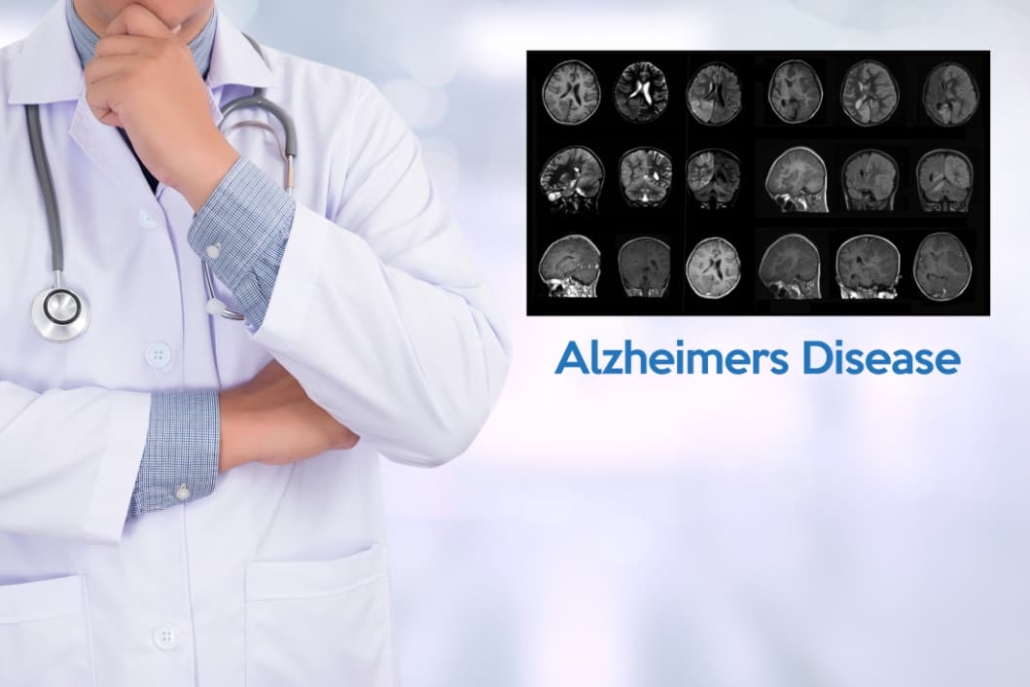New guidelines set framework for Alzheimer’s disease diagnosis
The first comprehensive US diagnostic guidelines in two decades establish standardised evaluation process across primary and specialty care settings, emphasising a patient-centred approach and integration of emerging biomarkers.
Diagnostic framework
The Alzheimer’s Association has published new clinical practice guidelines that establish a standardised framework for evaluating patients with suspected cognitive impairment or dementia. Published in the December 2024 issue of Alzheimer’s & Dementia: The Journal of the Alzheimer’s Association, the guidelines represent the first comprehensive update to US diagnostic protocols in over 20 years.
The DETeCD-ADRD CPG (Diagnostic Evaluation, Testing, Counseling and Disclosure of Suspected Alzheimer’s Disease and Related Disorders Clinical Practice Guideline) provides 19 evidence-based recommendations applicable across primary care and specialty settings. This marks a significant expansion from previous guidelines, which primarily targeted specialists and subspecialists.
Patient-centred evaluation process
The guidelines emphasise a three-step diagnostic formulation process, beginning with establishing cognitive functional status, followed by identifying the cognitive-behavioural syndrome, and determining the likely underlying brain disease or conditions causing the symptoms.
“With this guideline, we expand the scope of prior guidelines by providing recommendations for practicing clinicians on the process from start to finish,” explains Dr Brad Dickerson, Director of the Massachusetts General Hospital Frontotemporal Disorders Unit and Professor of Neurology at Harvard Medical School.
Integration of modern diagnostics
The guidelines incorporate contemporary diagnostic tools, including brain scans, spinal fluid tests, and specialised biomarker assessments. This integration reflects the advancement in biological markers for Alzheimer’s disease and related neurodegenerative disorders that are reshaping evaluation paradigms across clinical settings.
The evaluation process includes multiple elements: setting goals collaboratively with patients and care partners; assessing risk profiles including age, family history, and cardiovascular factors; documenting symptom history and impact on daily functioning; conducting cognitive testing; and obtaining neuroimaging and laboratory results.
Role of care partners
A notable emphasis is placed on the involvement of care partners throughout the diagnostic process. “We emphasise the importance of the involvement of a care partner throughout this process for most patients, since cognitive symptoms often compromise a person’s ability to process all of this information by themselves,” notes Dr Dickerson.
Dr Alireza Atri, Chief Medical Officer at Banner Research and Director of the Banner Sun Health Research Institute, emphasises the guideline’s adaptability: “Some details of the guideline will likely require modification as new tools and biomarkers become sufficiently validated for appropriate clinical use in real-world practice.”
The workgroup, comprising experts from multiple disciplines and care settings, concludes that implementation of these guidelines, supported by adequate healthcare system resources, should lead to improved outcomes across most practice settings.
Dr Maria C. Carrillo, Alzheimer’s Association chief science officer, highlights the guidelines’ significance in facilitating early and accurate diagnosis: “These guidelines are important because they guide clinicians in the evaluation of memory complaints, which could have many underlying causes.”
The complete guidelines and supporting evidence are published in three executive summaries in Alzheimer’s & Dementia (December 2024), with comprehensive methodological details available online.
References
- Atri, A., et al. (2024). The Alzheimer’s Association Clinical Practice Guideline for the Diagnostic Evaluation, Testing, Counseling and Disclosure of Suspected Alzheimer’s Disease and Related Disorders (DETeCD-ADRD): Executive Summary of Recommendations for Primary Care. Alzheimer’s & Dementia. https://doi.org/10.1002/alz.14333
- Dickerson, B., et al. (2024). The Alzheimer’s Association Clinical Practice Guideline for the Diagnostic Evaluation, Testing, Counseling and Disclosure of Suspected Alzheimer’s Disease and Related Disorders (DETeCD-ADRD): Executive Summary of Recommendations for Specialty Care. Alzheimer’s & Dementia. https://doi.org/10.1002/alz.14337
- Atri, A., et al. (2024). The Alzheimer’s Association Clinical Practice Guideline for the Diagnostic Evaluation, Testing, Counseling and Disclosure of Suspected Alzheimer’s Disease and Related Disorders (DETeCD-ADRD): Validated Clinical Assessment Instruments. Alzheimer’s & Dementia. https://doi.org/10.1002/alz.14335


